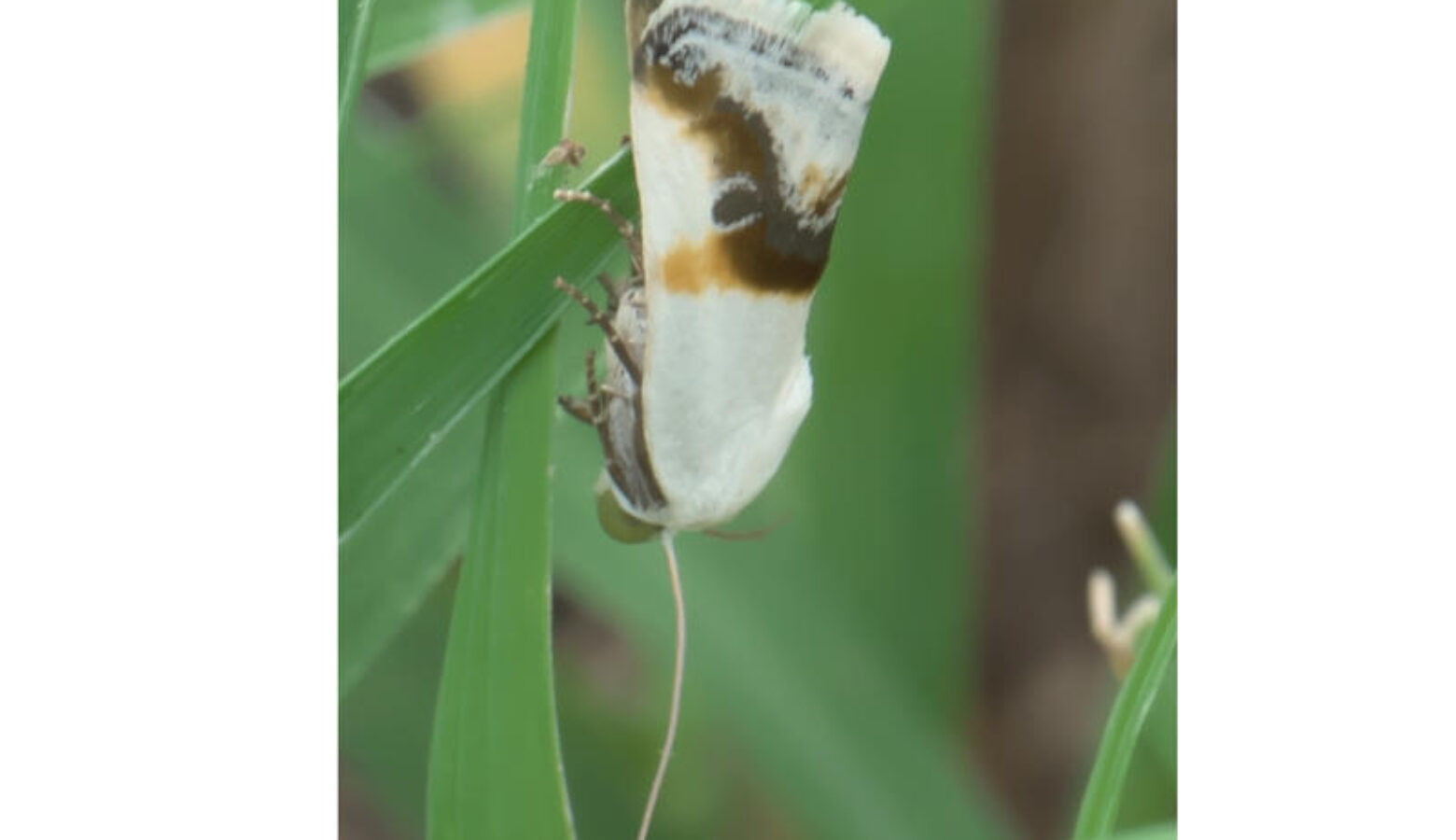Several moths proposed on endangered, threatened list in Indiana

The Indiana Department of Natural Resources is proposing the addition of about 20 insects to the state’s list of endangered and threatened species. Most of those are moths.
Ron Hellmich is the director of the DNR’s Division of Nature Preserves. He said the agency has been working with a moth expert to find out which kinds of moths are more or less common in the state.
Populations of moths and other insects have been plummeting due to habitat loss, herbicide overuse and climate change. Hellmich said moths are important pollinators for certain plants — including tree species that Indiana’s timber industry relies on.
“Some of them are really restricted on the plants they use for larval food sources. So it’s — a lot of species are very much indicators of high quality natural areas,” he said.
Join the conversation and sign up for the Indiana Two-Way. Text “Indiana” to 73224. Your comments and questions in response to our weekly text help us find the answers you need on statewide issues.
Hellmich said at least one of the plants the DNR is proposing on the endangered and threatened species list is also a host for moths. It’s been declining due to herbicide spraying and mowing along roadsides.
“You get rid of the plant that it’s a — serves as a host for the moth, then you get rid of the moth species as well,” Hellmich said.
One way Hoosiers can help moths is by planting native plants in their yards.
Contact reporter Rebecca at rthiele@iu.edu or follow her on Twitter at @beckythiele.
Indiana Environmental reporting is supported by the Environmental Resilience Institute, an Indiana University Grand Challenge project developing Indiana-specific projections and informed responses to problems of environmental change.
